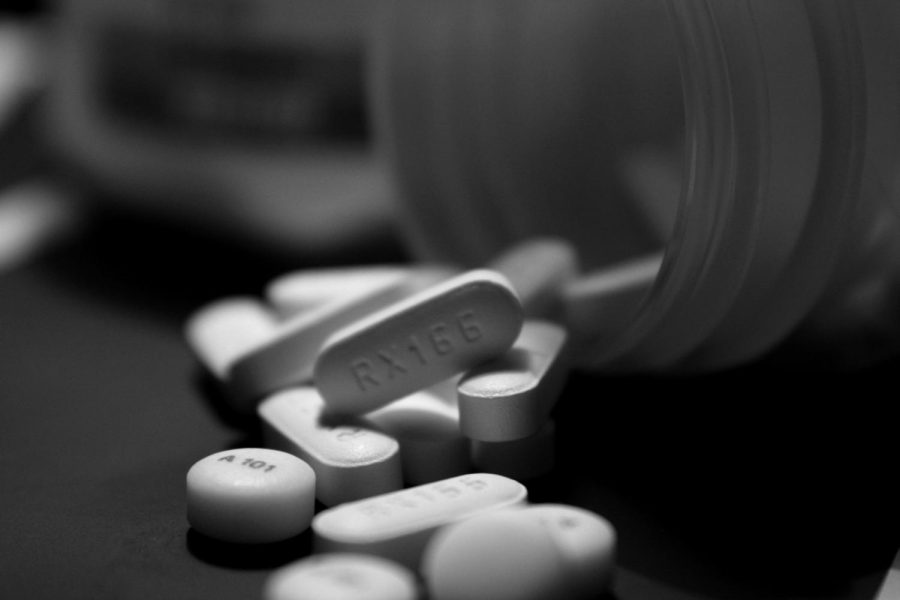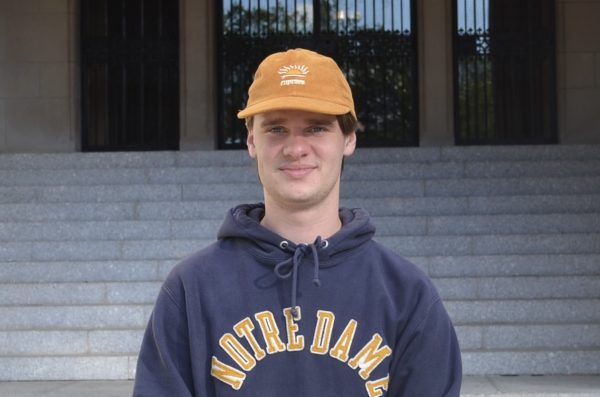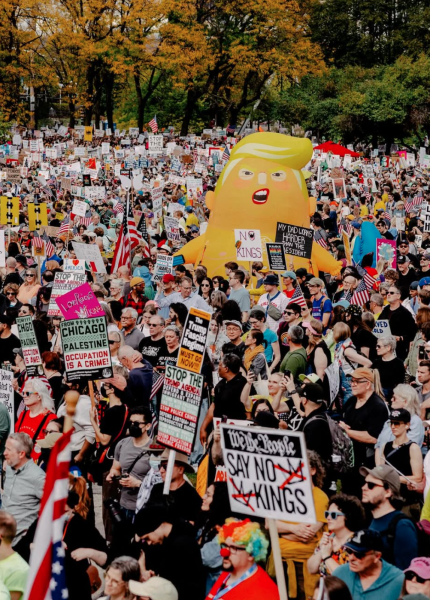Antidepressants Have an Enemy in the Press
By Daniel Joy
The best evidence for America’s progress in destigmatizing depression came at the worst of times. This past June, Kate Spade and Anthony Bourdain ended their own lives within three days of each other. In subsequent summer months, the airwaves and social media were blanketed by discussions of Bourdain and Spade’s respective contributions to the culinary world and the fashion industry. At dinner tables across the country, Anthony and Kate were remembered fondly and mourned. Though the word selfish may have been on the minds of some Americans, it did not leave their lips.
The evolution of America’s perspective on depression has coincided with a drastic growth in the diagnosis and treatment of depression among Americans of all ages, identities and ideologies. According to the CDC, 8.1 percent of Americans over the age of 20 suffer from depression. Major depressive disorder is estimated to cost the United States economy $210.5 billion in lost productivity while also inflicting a toll of human suffering that is impossible to quantify.
Study after study has found antidepressant medication to be effective at treating moderate to severe depression while also lowering the chances of relapses. Antidepressant medication is now the bedrock of any treatment for major depressive disorder, providing energy and symptom relief to millions of Americans whose depression cannot be managed by talk therapy and lifestyle choices alone.
However, this reality is not expressed in many corners of the internet. In April, The New York Times published an article detailing extensive, underreported and often severe symptoms associated with the discontinuation of antidepressant medications. Personal experience and the empirical evidence gives me no reason to cast doubts on the accuracy of this article’s content. However, I found its title “Many People Taking Antidepressants Discover They Cannot Quit” to be troubling. The connotation of the title frames antidepressants as something sinister: drugs which have addictive qualities. Simply put, they do not. The article never makes this claim, but the danger of this connotation is still there.
The concerning article title is indicative of a larger trend I have observed in news coverage of antidepressant medications. A few weeks ago, I entered “antidepressants” into Google’s search engine and navigated to the news tab. Of the first 10 articles displayed, six detailed possible connections between antidepressant medication and negative outcomes. These outcomes included an increased risk of overdose for teens, antibiotic resistance and lack of efficacy in treating depressed patients with dementia. There were positive articles about anti-depressants as well, but their impact was diminished by the sheer volume of negative articles that surrounded them.
This experience left me feeling uneasy. In the wake of Kate Spade and Anthony Bourdain’s suicides, I felt like I was living in two realities: one in which the press lamented two tragic deaths and another in which the press painted the most reliable treatment for depression as something that canharm.
Like insulin and an untold score of other prescription medications, antidepressants are too expensive for many Americans who lack access to quality healthcare. In households across the nation, antidepressant medication is neither purchased nor subsequently consumed so rent can be paid and food can be served instead.
Even for those who can afford antidepressant medication, the one writing their prescriptions are often not psychiatrists, but a general practitioners. Often receiving no talk therapy or regular medicine check-ups, these people are left with a suboptimal psychoactive drug and a treatment plan that is anything but holistic.
I cannot speak on the efficacy of antidepressant drugs for all 12.7 percent of Americans over the age of 12 who took them within the last month; I cannot even begin to imagine their circumstances or the pain which brought them to their medication. What I can do is speak on my own experience with antidepressant medication. My antidepressant gives me enough energy to get through days I would have otherwise missed. My antidepressant isolates me from the voices of despair that previously occupied the lion’s share of my headspace. My antidepressant keeps me focused on my schoolwork and distracted from my pessimism.
Within the Fordham community, I have met others who fight depression in their daily lives. Many of them utilize antidepressant medications as one weapon in their armory, side effects and all. They are presidents of clubs. They are captains of sports teams. They are performers. They are leaders and intellectuals. They are kind. They inspire me and give me strength. They are not ashamed of their medication, and so I have aspired not to be either.
The news media must continue to cover all stories pertaining to depression with respect. From this baseline, we can begin to build a sustainable and equitable mental healthcare system in which all have access to the medication and therapy needed to ameliorate their depressive symptoms.
Daniel Joy, FCRH ’20, is an economics major from Ellington, Connecticut.








































































































































































































